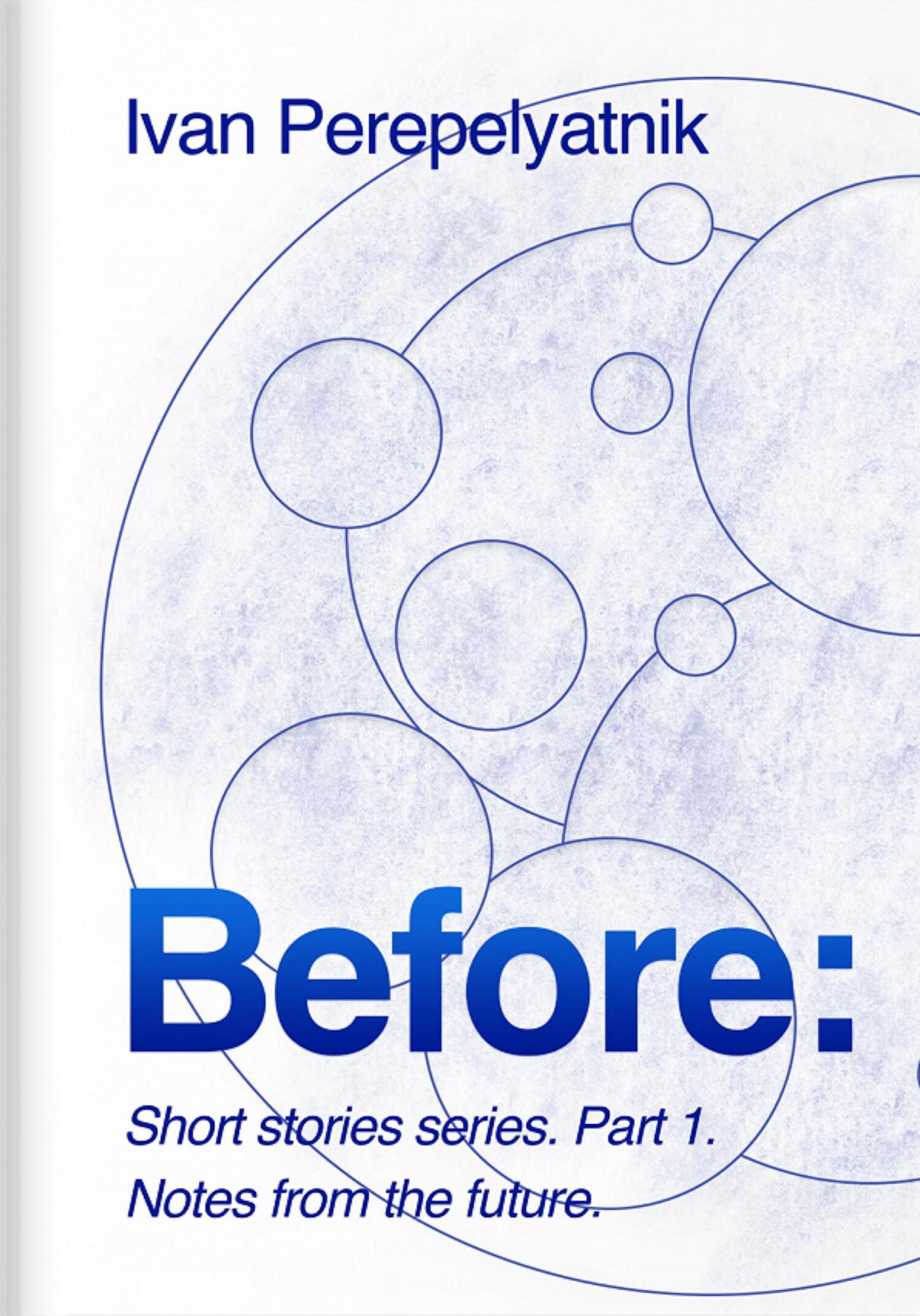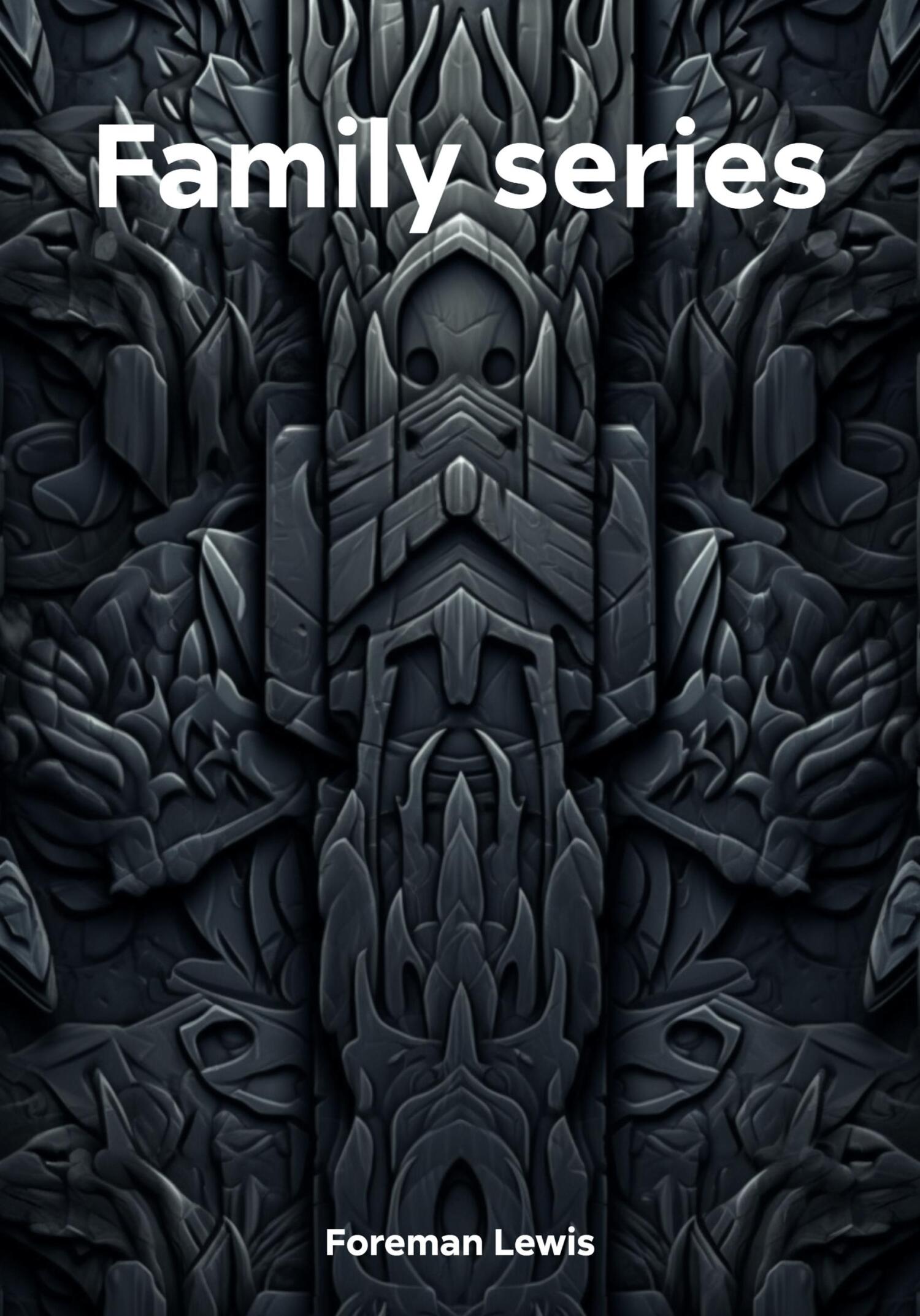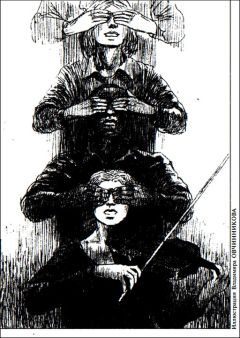two at his wife. ‘Aya-chan, Mummy was right to turn the air conditioning on. Otherwise it would be too hot inside—you see, it is about two o’clock, and it’s like 30° out there right now. And it probably will get hotter yet! Meanwhile, it is cool and nice in here, isn’t it? And the tights—you were sitting on the floor, so that’s why Mummy did that.’
‘Yes, Daddy, I do agree. It is right. It is warm in the tighties.’
‘The lunch is great today, Hiromi. Thank you!’
‘I am glad you like it.’
‘I like it too, Mummy!’ Ayaka supported her father.
‘Keirou, do you remember that we need to go to Tōkyō next week with Ayaka?’
‘Tōkyō? Why would it be?’ Keirou asked, surprised.
Hiromi looked at her husband with some disapproval, ‘Next week, Keirou, our daughter is turning six. That means we need to go to the Destiny House.’
‘I sure do remember that Ayaka’s birthday is next week, right. But I did forget everything about destiny.’
‘Well now you do remember—so please, we need to think everything out.’
‘Daddy, dad-dy! Look, I’m already done with it!’ Ayaka ran up to her father showing him a finished module of a Martian atomic power plant. A lamp on the module was blinking green, indicating that the module was ready to be connected to the main energy network of the base.
‘Aya-chan, and when did you open this constructor kit? when did you start assembling it?’ Keirou was asking.
‘Sorry Daddy, I had absolutely no time for that!’ Ayaka protested, shaking her head from side to side. ‘Mummy gave me a big reading task last night, it took all my time. I only managed to start it today before lunch.’
‘Oh, I see, Aya-chan. Great job! Let’s see what you got there.’
Keirou picked up the constructor kit box from the floor: ‘For children aged 10 to 14’.
Mt Fuji
‘Have you fastened your seat belt well back there, Aya-chan? Let me check,’ Keirou turned back to the passenger seat with his daughter settled comfortably in a child safety seat. He still had that certain mistrust of the autopilot—as well as of all those novel automatic stuff like artificial intelligences, automata, and robots, which had replaced humans in so many spheres of life—Keirou preferred to drive his car by himself. And it was quite a feat to find a manually-controlled electric car. The production of such cars was limited and in the first place they were designed for special emergency services, military, and some other detachments. However, as Keirou was related—even though only quite distantly—to the Emergency Service, being a member of the foresting service of the Fuji–Hakone–Izu National Park, he had had such a vehicle assigned to him by means of a special request.
‘Ayaka, has Mummy told you that next week you are going to Tōkyō?’
‘Yes, Daddy. Mummy said that we are going to the Destiny House. I have no idea what it is, though. By the way, what will we be doing there?’
‘I will tell you a story, Ayaka, on our way to the park.’
‘Tell it now. Please!’
‘Well, fine. Listen, Ayaka. Once upon a time, long long ago, there was a free ranger in Japan called Mr Fuji. He had no family: he lived alone. He served no-one, obeyed no-one. He had no children, no wife, not even a dog. As the free ranger didn’t need to care about his relatives, he resolved to dedicate all the time he had, his whole life to pursue wisdom from the most experienced, most knowledgeable people around. Mr Fuji decided that he would travel much further than just across Japan: he had the whole world open for himself, as the free spirit and pure heart know no borders and no limits. He decided to meet peasants, military men, sages, merchants, craftsmen, doctors—as many people of different life and craft as he possibly could, to learn from them their way of life, what matters to them, what they believe in, what sciences they learn, how they bring their children up,’ Keirou glanced in the rear-view mirror at Ayaka, who was attentively listening and looking at him from time to time. ‘Mr Fuji travelled so much, visited so many countries that people started composing legends about him. And the tale of his travels spread even quicker than he would go himself. When the wanderer reached a new place, one where he had never been before, the people he would meet there would already know everything about his pursuit, the reasons of his coming, and all that he wanted from them. Some were unwilling to share knowledge with him: they thought it might come to hurt them. Indeed, Mr Fuji had already learned so much, been to so many different continents, met so many learned people… they were afraid he would come to use his newly-gained knowledge to get hold of their houses and riches, to conquer their lands, to drive them away. Once, in a southern land, the free wanderer got caught by barbarians who demanded him to lay all his secrets bare. Mr Fuji was genuinely surprised, “What kind of mysteries do you want to learn about?” he said. “I have no mysteries. I am ready to tell you all I have learnt.” “Then do tell!” demanded the captors. And so he started his story: “During my wandering I visited many wonderful and miraculous places, and met many wise, open, and honest people. They told me so much about their achievements, about their skills and experience, that in the very beginning of my travel I realized that I had to continue not with the goal to learn all those wise peoples knew—for I would be unable to learn even an insignificant share of what they knew—but because when I would some day come back to my native land, the story of my life would serve as a proof that the life that we have been granted




